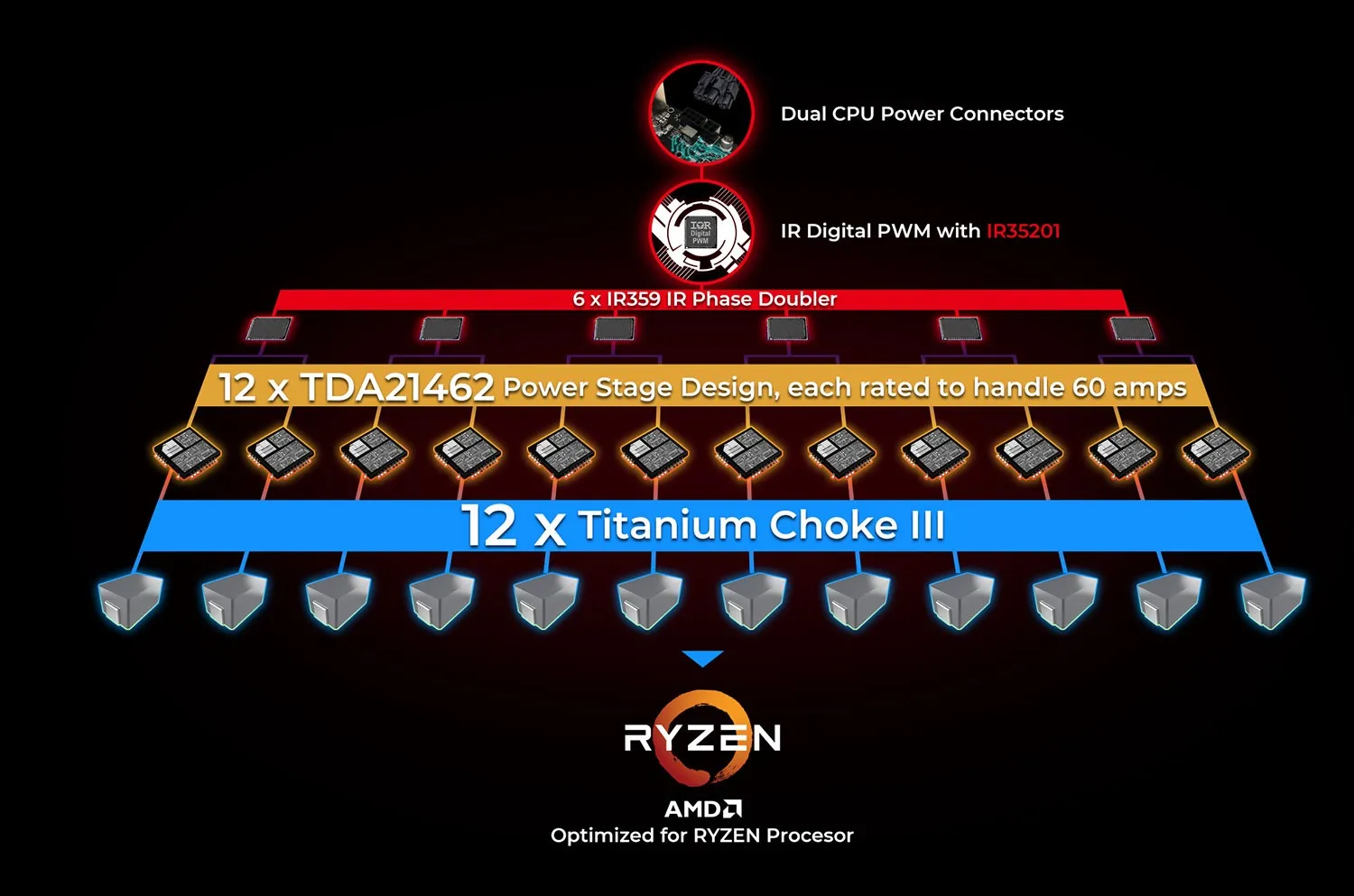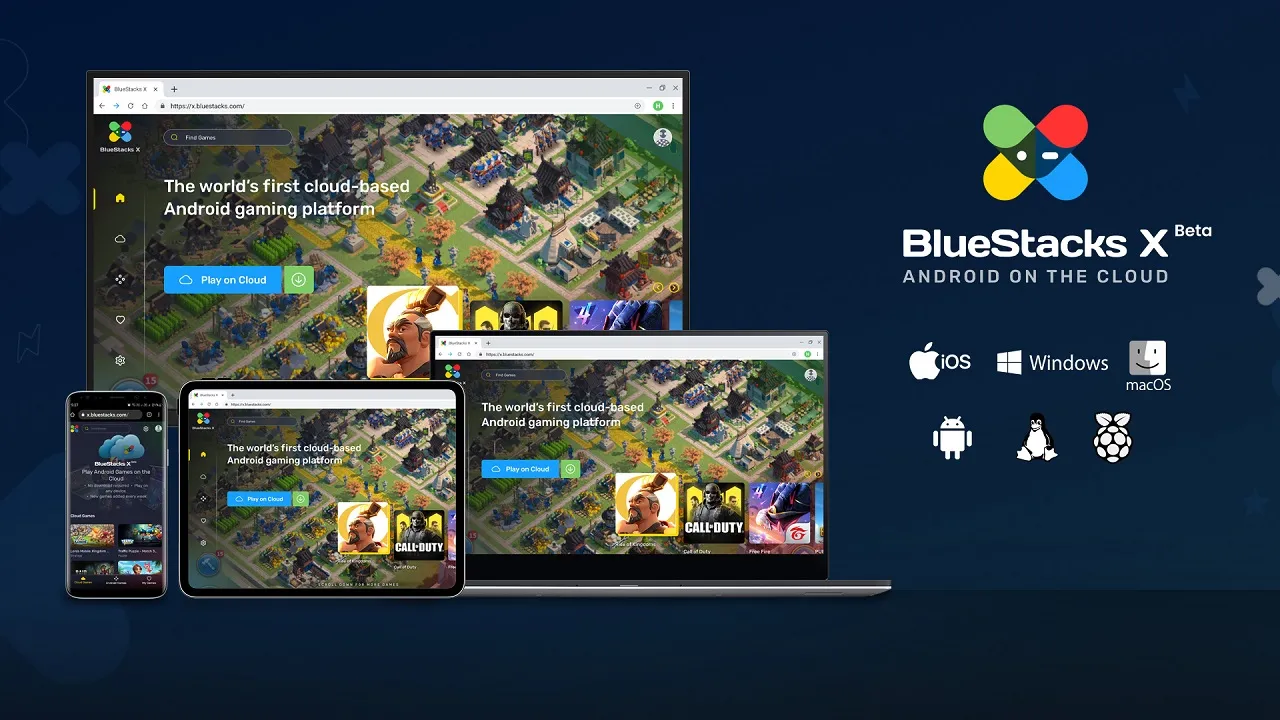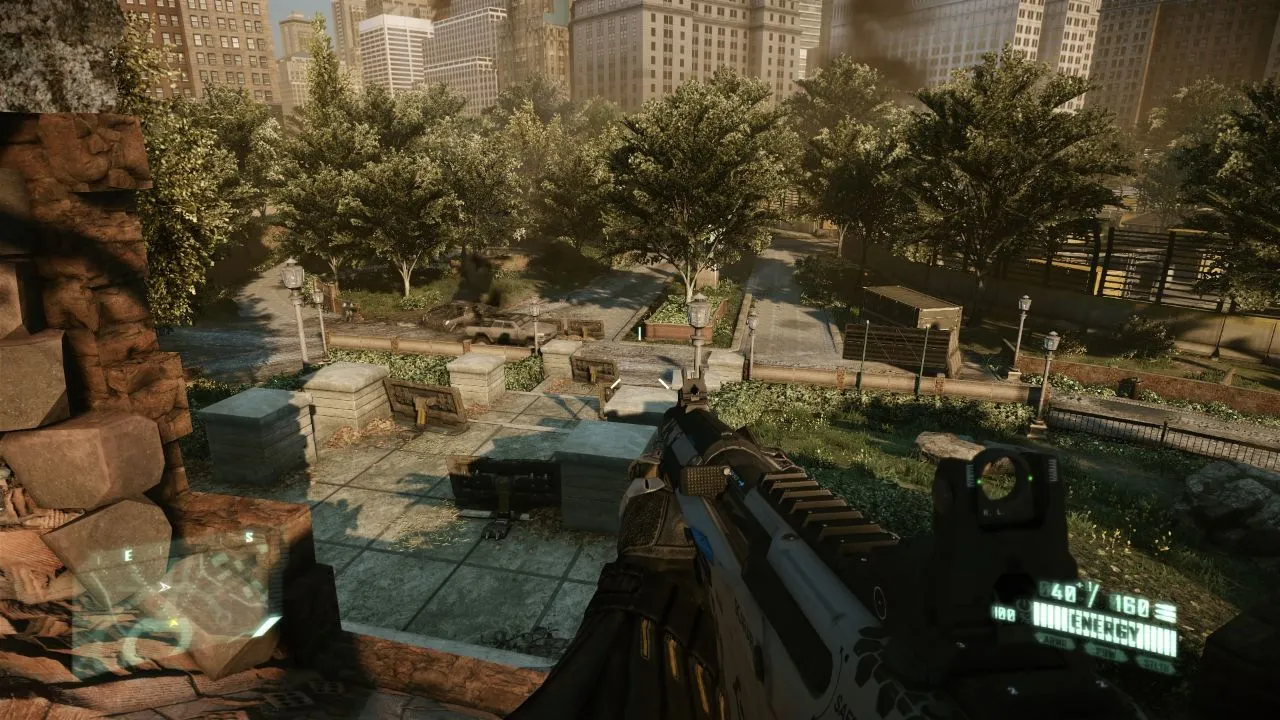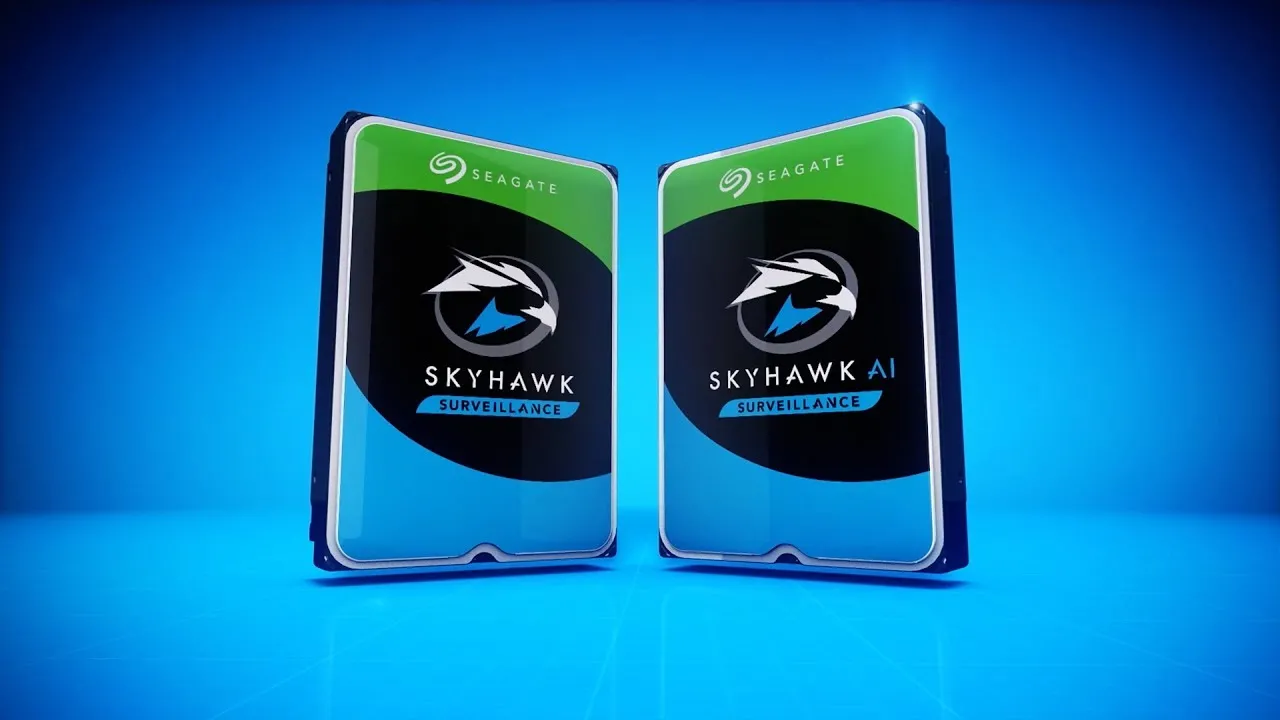
Scarlett Johansson Disputes OpenAI’s Voice AI Amidst Growing Concerns Over AI and Intellectual Property Rights
Contents
The intersection of artificial intelligence and intellectual property rights is facing increasing scrutiny, with actress Scarlett Johansson publicly expressing her “shock and outrage” over OpenAI’s voice AI, Sky, which she claims bears an uncanny resemblance to her own voice. This incident highlights the ongoing tension between AI developers and creative professionals, raising questions about consent, compensation, and the future of artistic ownership in the age of AI.
OpenAI’s Pursuit of Scarlett Johansson’s Voice
According to the Wall Street Journal (WSJ), OpenAI began actively seeking voice actors in May 2023 for their new AI model. Their search targeted individuals between 25 and 45, encompassing male, female, and third-gender voices, with a preference for warm, engaging, and compelling tones. After a two-month process, a shortlist of around 400 candidates was compiled, including several well-known personalities. Participants were required to sign non-disclosure agreements and refrain from providing voice recordings to OpenAI’s competitors for three years following the product launch.
OpenAI’s pursuit of Johansson’s voice spanned several months. CEO Sam Altman personally contacted the actress, proposing collaboration and voice acting for the new virtual assistant, envisioning a voice that would “comfort users and ease their anxieties about AI development.” Johansson declined the offer, citing personal reasons.
Undeterred, Altman persisted, messaging Johansson’s agent, Bryan Lourd, in early May to inquire about reconsideration and requesting a meeting, which was also declined. The situation escalated when OpenAI unveiled its new ChatGPT model powered by GPT-4o on May 13th, introducing the female voice assistant, Sky. The following day, Lourd and Johansson received a barrage of calls and messages from friends and associates expressing concern that OpenAI had used the actress’s voice without permission. Sources indicate that Johansson felt caught in the crossfire between artists facing unauthorized AI usage and the companies developing this technology.
OpenAI’s Response and the Ensuing Fallout
Following Johansson’s public expression of anger, OpenAI confirmed contacting the actress but maintained that Sky’s voice did not solely belong to Johansson but was a composite incorporating another professional voice actor, whose identity remains undisclosed. Interestingly, Johansson starred in the 2013 science fiction film Her as a virtual assistant with whom a man falls in love. Altman’s posting of the word “her” on his X account on the day of GPT-4o’s release further fueled speculation.
On May 15th, Johansson, represented by lawyer John Berlinski, sent a legal letter demanding OpenAI cease using her voice. While OpenAI reportedly provided the audio files used for Sky, they refrained from disclosing the voice actor’s name. Subsequently, OpenAI announced on X on May 20th that they were suspending Sky while addressing the issue. Sources suggest Altman continued to pursue Johansson’s involvement for promotional purposes, albeit unsuccessfully. On May 27th, Altman issued a public apology on X for the communication breakdown.
Legal Implications and Broader Industry Concerns
Johansson’s outrage reflects a growing sentiment within the creative industry regarding AI’s potential infringement on intellectual property rights. Numerous authors, artists, and music publishers have initiated lawsuits against AI companies for unauthorized use of their work, voices, and likenesses for AI training. This raises critical questions about ownership, consent, and the ethical implications of using copyrighted material to train AI models.
 OpenAI logo
OpenAI logo
The Path Forward: Navigating the AI and Entertainment Landscape
OpenAI has expressed its commitment to developing a mutually beneficial “social contract” for the age of AI, emphasizing its ongoing development of the Media Manager tool, enabling creators to flag their work and opt out of AI training datasets. However, this remains a broad concept, and the entertainment industry seeks more concrete solutions. SAG-AFTRA, which led member strikes last year over AI-related concerns, advocates for federal legislation to protect intellectual property rights related to images, voices, and likenesses.
Legal experts offer varying perspectives on Johansson’s potential legal standing. While some believe she has a strong case, others acknowledge the complexities of existing laws, especially in states with relaxed regulations. Ultimately, the relationship between Hollywood and the tech industry isn’t necessarily adversarial. As AI technology rapidly evolves, both tension and opportunity arise, paving the way for new agreements and legal frameworks.
Conclusion
The dispute between Scarlett Johansson and OpenAI underscores the growing need for clear legal and ethical guidelines regarding AI’s use of copyrighted material. As AI technology continues to advance, legal battles surrounding its application will likely increase, prompting a crucial conversation about the future of intellectual property in the digital age. This case serves as a crucial reminder of the importance of establishing clear legal frameworks and ethical guidelines for the responsible development and deployment of AI technology.





Comments (0)